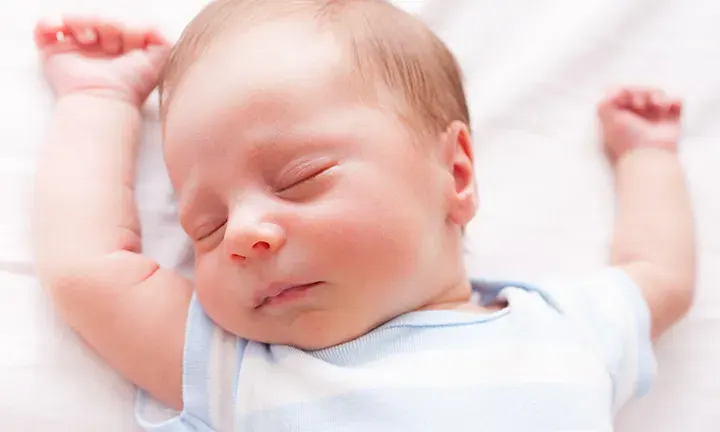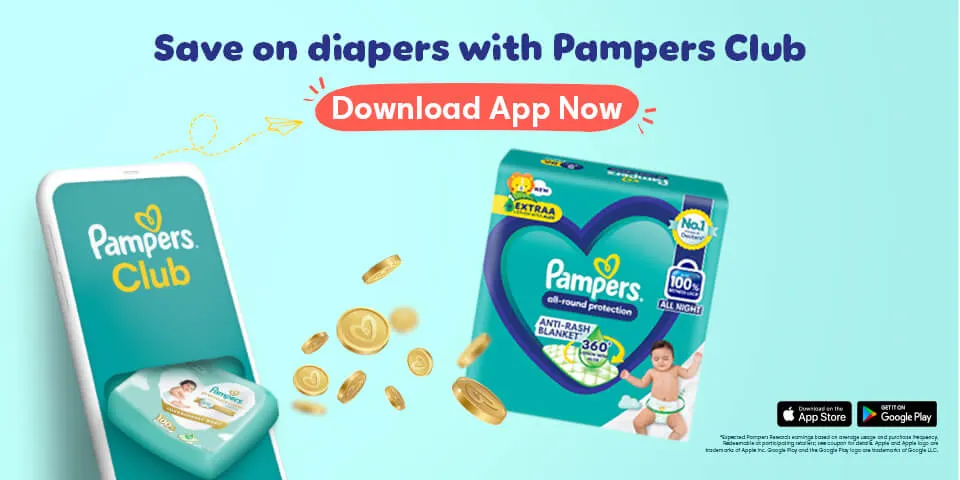Epstein Pearls in Newborns & Infant: Causes, Symptoms, and Treatment Options
The arrival of a newborn in the family is an experience filled with joy, excitement, bliss and an overwhelming gush of so many other emotions. However, if you are a first-time parent, along with these happy emotions, you will also feel the anxiety of the unknown and will have so many questions. One common incident that can leave the new parents worried is the appearance of Epstein pearls in newborns. If you wish to learn about the reasons, diagnosis and treatments of your baby’s Epstein pearls, you have come to the right place. This blog is a comprehensive guide on what you can expect from Epstein pearls in infants, what they look like, whether they are painful for the babies and other crucial information.
What Are Epstein Pearls?
Epstein pearls are small, harmless cysts that form in the mouths of newborns. They occur in about 60-85% of newborns. Epstein pearls are benign formations most often present on the roof of the mouth. They are named after the Czech paediatrician, Alois Epstein, who first discovered them.
Epstein pearls are generally benign and considered a normal part of development. They contain keratin, which is also found in skin, hair and nails. Even though their appearance can raise questions in the minds of new parents, it is important to understand that Epstein pearls are normal and do not pose any threat to the baby's health.
What do Epstein Pearls Look Like?
Epstein pearls are typically white or yellowish and small in size, like small pearls or even small teeth. Epstein cysts are generally 1 to 3 millimetres in size and located along the midline of the palate. Their appearance as pearly white gives them their name; though it may sound strange, Epstein pearls are quite common in newborns. They are tiny and can often go unnoticed unless the parents have a habit of checking their baby’s mouth. They can also be discovered by the mother during breastfeeding. If you are a new parent who just discovered the presence of Epstein pearls in your infant and are wondering whether they hurt or can cause any other harm to the baby’s health, let us clear the confusion for you.
Do Epstein Pearls Hurt?
Fortunately, Epstein pearls in newborns are generally harmless and painless. They are not associated with any infectious disease or infections, lifting the worries of most new parents. Their occurrence is similar to other bodily processes and does not cause the child any discomfort or pain.
What Causes Epstein Pearls?
Understanding the Epstein Pearl causes helps ease some of the anxiety associated with the ever-changing bodies of newborns. Such cysts are normal in the development of a newborn. Epstein pearls are caused because of the gathering of epithelial cells. This happens when the palate forms during in-utero development. These cells get stuck and form tiny cysts capped with keratin in the baby’s mouth, resulting in Epstein pearls in newborns. It is important to note that one cannot avoid the formation of these cysts as they are not influenced by external factors like hygiene or infections. They are harmless and a part and parcel of life.
How Do You Treat Epstein Pearls?
The best thing about Epstein Pearls is that they do not need any kind of treatment. They typically go away on their own within a few weeks. It is advisable for parents to avoid any external methods to remove or treat the Epstein Pearls in their newborns as this can sometimes bring more harm or irritation to the child.
The best course of action is to maintain good oral hygiene for the baby. Gently clean the infant's mouth with a soft, damp cloth or a small piece of gauze after feedings to keep the area clean. Avoid attempting to pop or remove the cysts, as this can lead to irritation or infection.
In most cases, Epstein pearls will resolve without doing anything and result in no scarring or residue. However, if you think that the Epstein Pearl in your infant is causing them any discomfort, pain or hampering their oral development, it is best to consult their paediatrician.
Welcoming a newborn into the world is a whirlwind of emotions, and while joy often takes centre stage, the accompanying uncertainties can be daunting. Epstein the tiny, pearl-like cysts in your baby's mouth, can invoke anxiety in the mind of new parents. Therefore, knowledge that such formations are a normal part of your infant's development is important as it can turn concern into reassurance. Remember, these tiny cysts are a sign of your baby's perfect imperfection, a mark of healthy development rather than a reason for concern.
Final Takeaway
By understanding Epstein Pearls, their occurrence and their effect on the baby, you can direct your energy toward nurturing and cherishing the moments that truly matter. As you embark on this remarkable journey of parenthood, let the presence of Epstein pearls serve as a symbol of your growing understanding and confidence as a parent.


